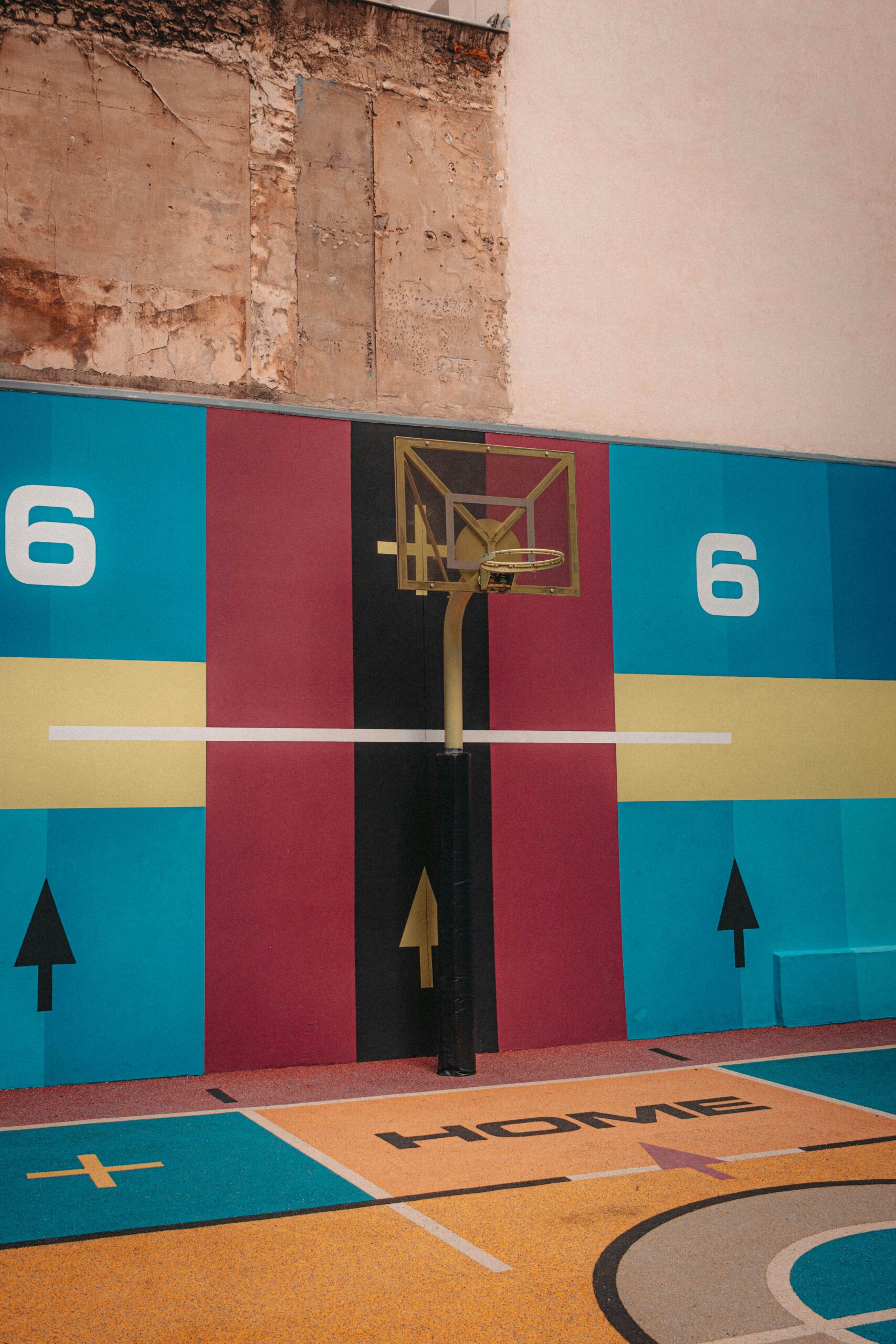Over the past two weeks, I have had the opportunity to take the Fundamental Movement Skills course during our EPHE 310 class and gain certification in fundamental movement assessments. This training has furthered my understanding of how children learn to move and how those foundational skills support lifelong participation in physical activity. As a parent, teacher, and coach, I see clearly how early movement experiences shape confidence, coordination, and motivation to stay active.
The biggest takeaway from both the course and the Future of Sport in Canada Report is that developing a wide range of movement skills, such as running, jumping, throwing, and balancing, creates a foundation for success in any sport or activity. When these basic skills are developed in fun and supportive ways, children are more likely to enjoy physical activity and continue it into adulthood. Variety still plays a role here, but it is less about playing multiple sports and more about exposing children to different ways of moving and building their physical literacy early on.
Through the Fundamental Movement Skills course, I learned that many children stop participating in physical activity because they don’t feel confident moving their bodies in the right way for the activity. This really hit home for me—thinking about how some kids might miss out on a lifetime of movement simply because they never felt sure of themselves. Confidence in movement doesn’t just happen; it grows from positive experiences and encouragement. When children have time for both structured sports and free movement play, they start to build physical competence, creativity, and a sense of pride in what their bodies can do.
The course emphasizes that fundamental movement skills are the building blocks of physical literacy and encourages motivation, confidence, physical competence, and an understanding to value and take responsibility for physical activity throughout life.
Structured programs, such as specific sports teams, teach technique and safety, while free play fosters imagination and resilience. Together, they help children build a strong sense of body awareness and self-trust, both of which are key to lifelong participation. When children have the chance to move, explore, and play, it’s about more than having fun; they are learning coordination, agility, balance, and problem-solving.
Parents, teachers, coaches and communities all play a role in supporting opportunities for kids to explore movement in safe, encouraging environments. Whether through playground games, school programs, or community recreation, every experience that helps a child move with confidence contributes to a life of staying active. My passion for sports and wellness has shaped a lot of who I am and has led me to take on projects and coaching opportunities that let me share that love of movement with others. However, my own experience with physical education hasn’t always been positive, and maybe that’s exactly why I’m so passionate about bringing positive movement and inclusivity into today’s youth sports.

I have seen firsthand the incredibly valuable role a coach plays in youth sport. A coach’s influence can shape a child’s entire relationship with movement. It is not only their role to teach and help athletes develop new skills in a particular sport, but also to promote a love for learning and growing. A coach can be the difference between a child walking away from a sport forever or continuing because they felt supported and encouraged. Coaches have the power to be that positive mentor who keeps kids coming back because they feel capable and valued.
Developing physical literacy through a range of activities is not just about learning to move; it is about helping children want to move. By exposing them to different forms of physical activity, we give them the tools to understand and trust their bodies, which builds confidence and resilience. The NCCP program supports coaches, teachers, and community leaders in learning how to observe, assess, and improve children’s basic movement patterns, helping guide their overall physical growth. When children develop these foundational skills early, they’re more likely to stay active and enjoy movement throughout their lives.
For parents and educators, our focus should be on keeping the experience positive and enjoyable. Taking the Fundamental Movement Skills course has reminded me that physical education is about so much more than fitness. It is about connection, confidence, and creating experiences that make children feel capable and excited to move. Whether in the classroom, on the field, or in the community, we all have a role to play in helping youth discover the joy of movement that lasts a lifetime.

Sorry, but comments are not enabled on this site.